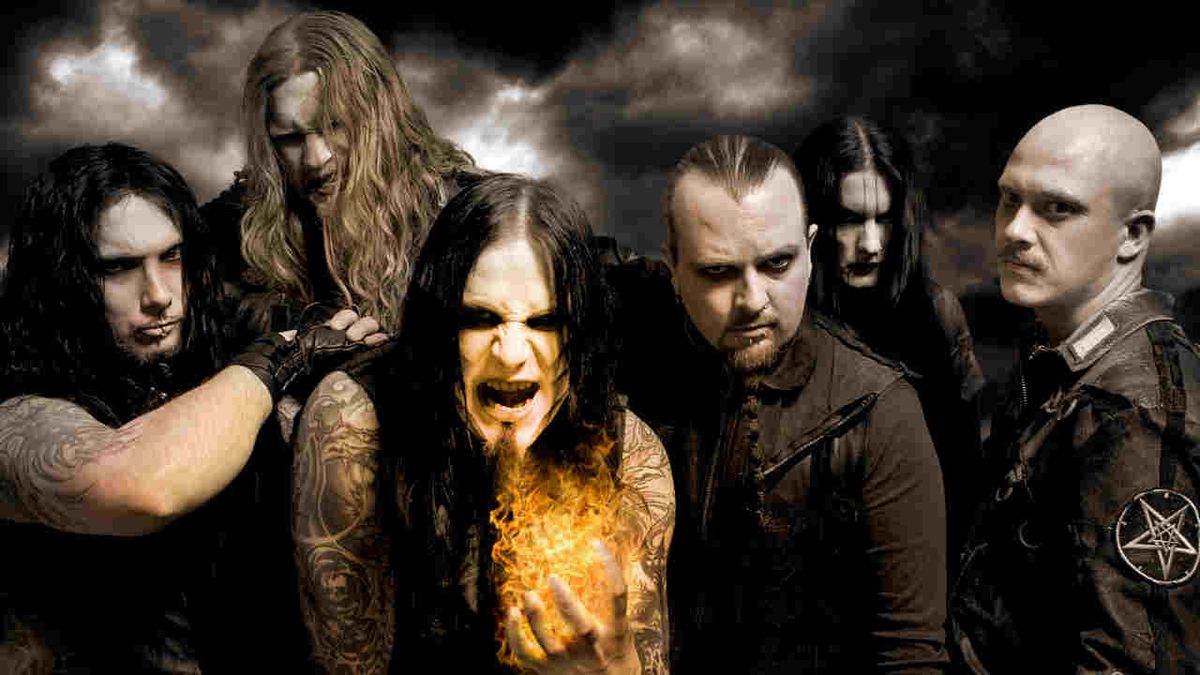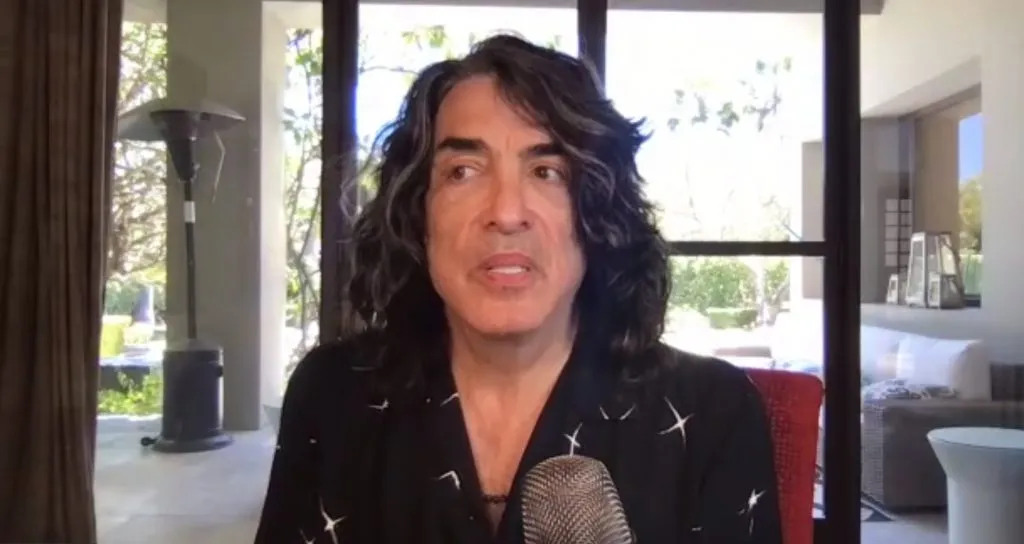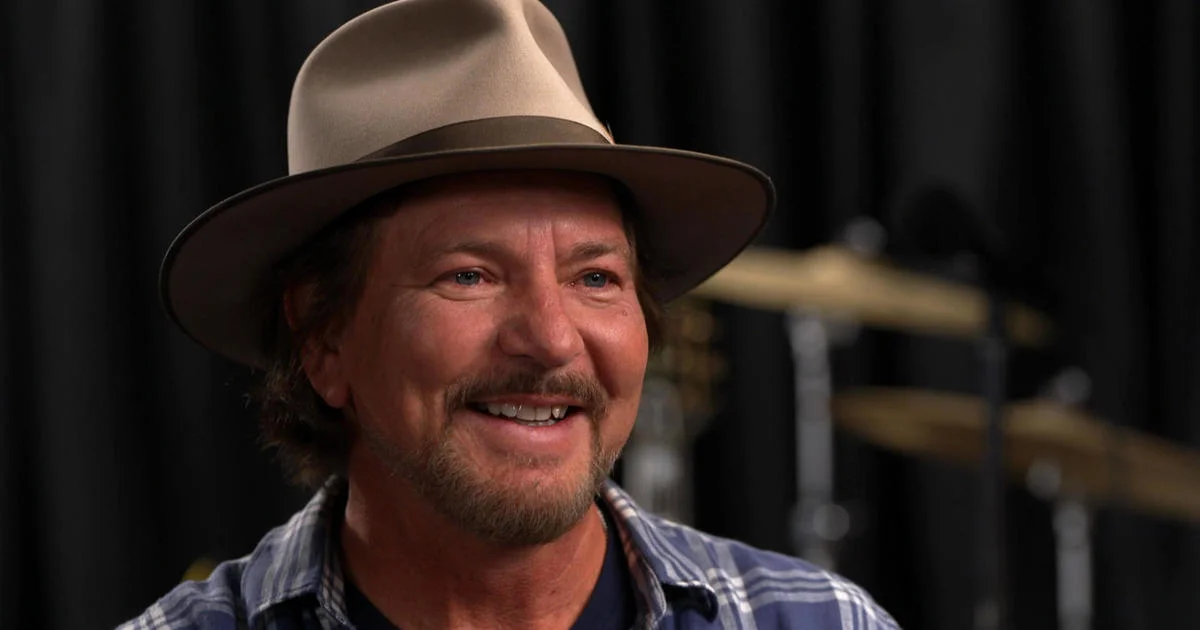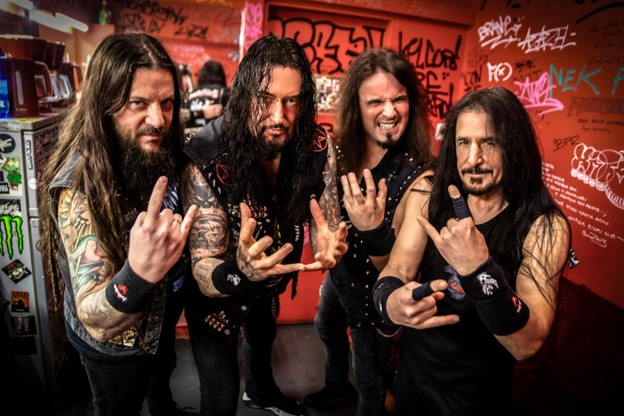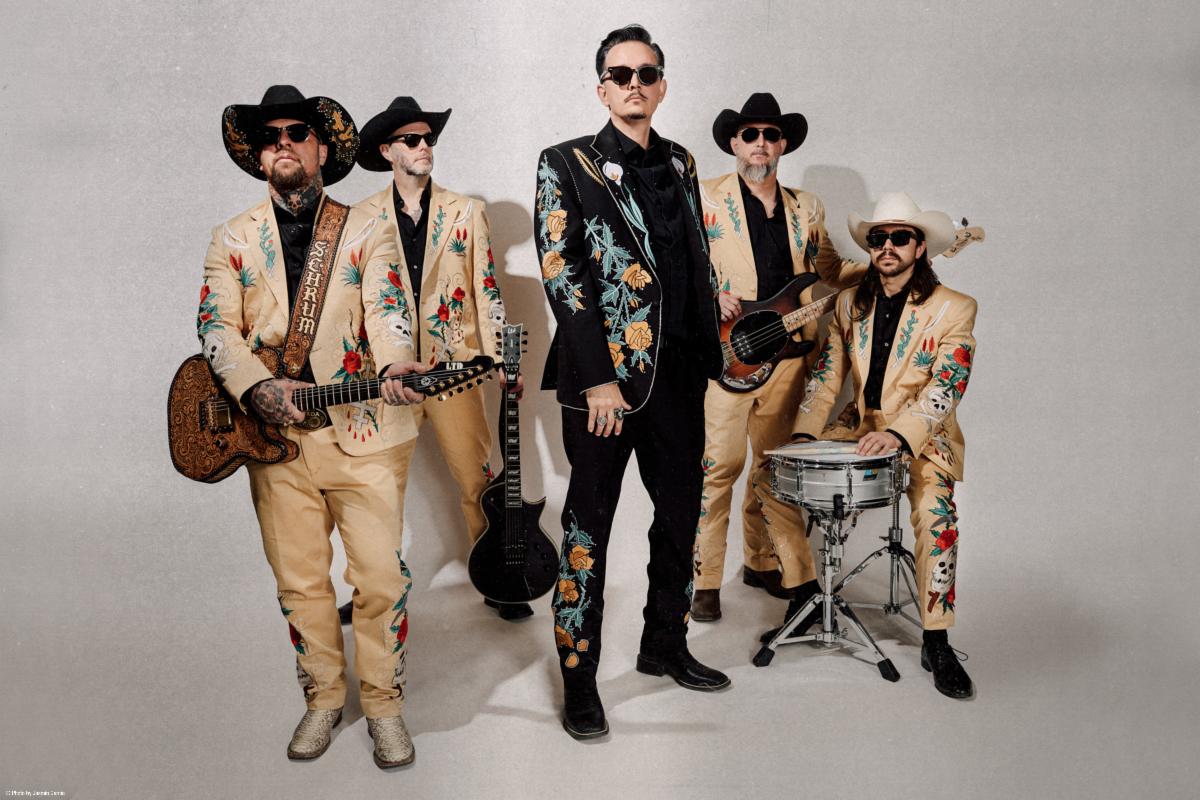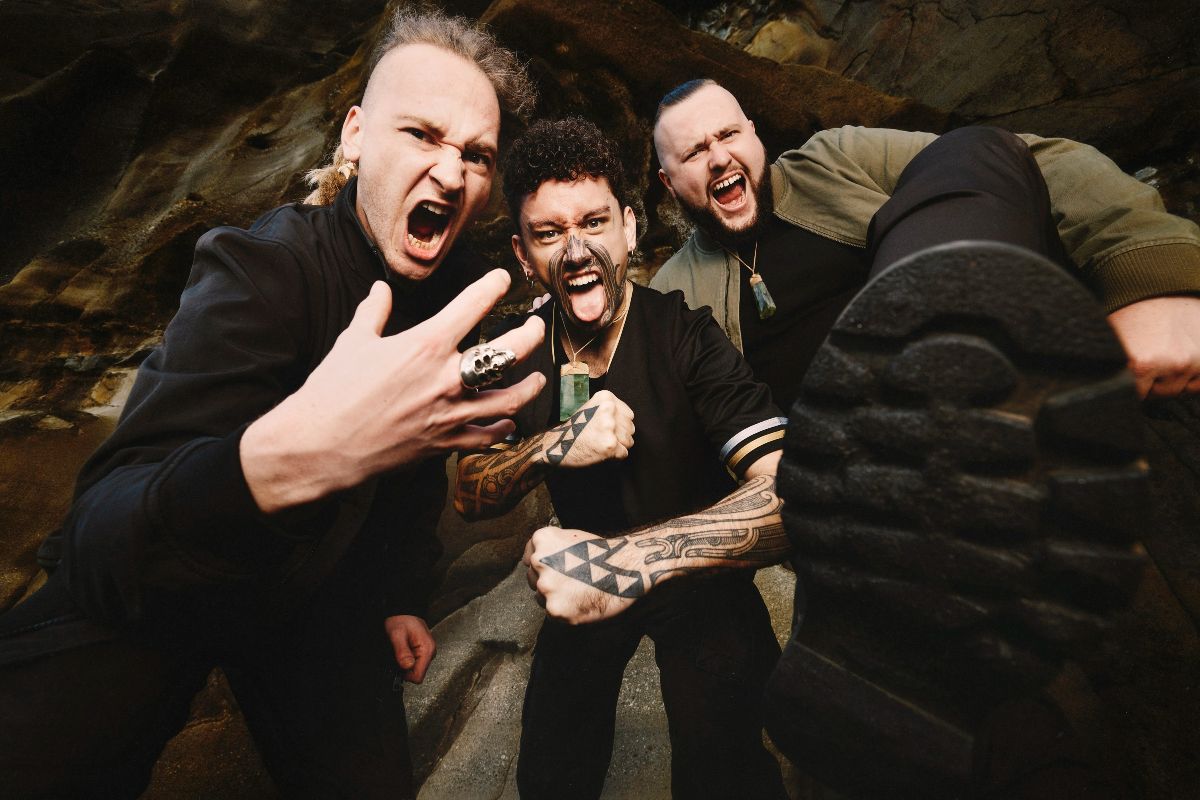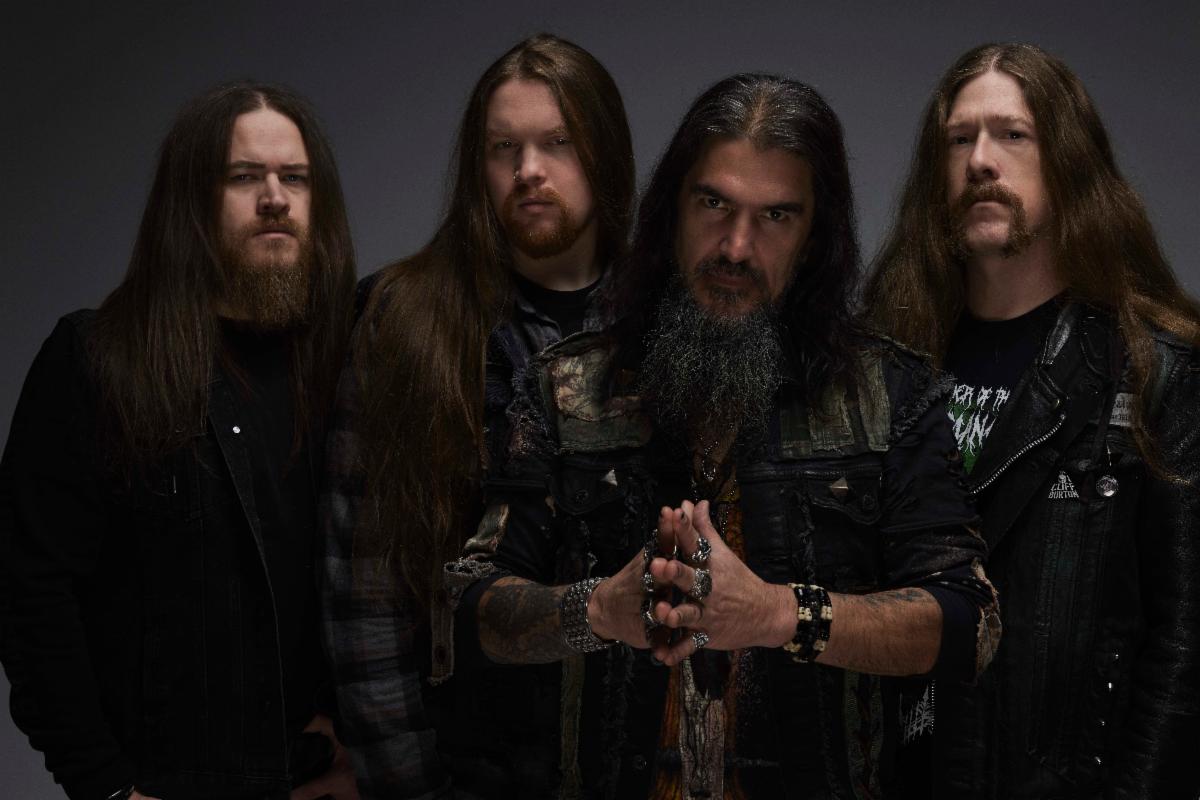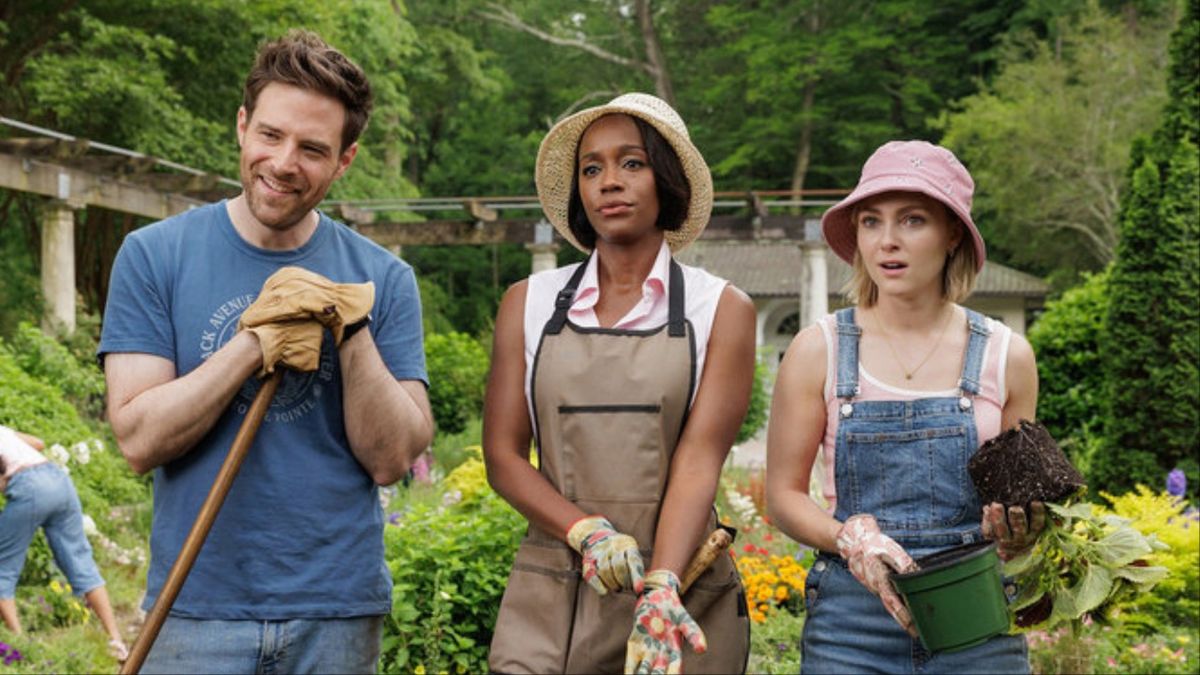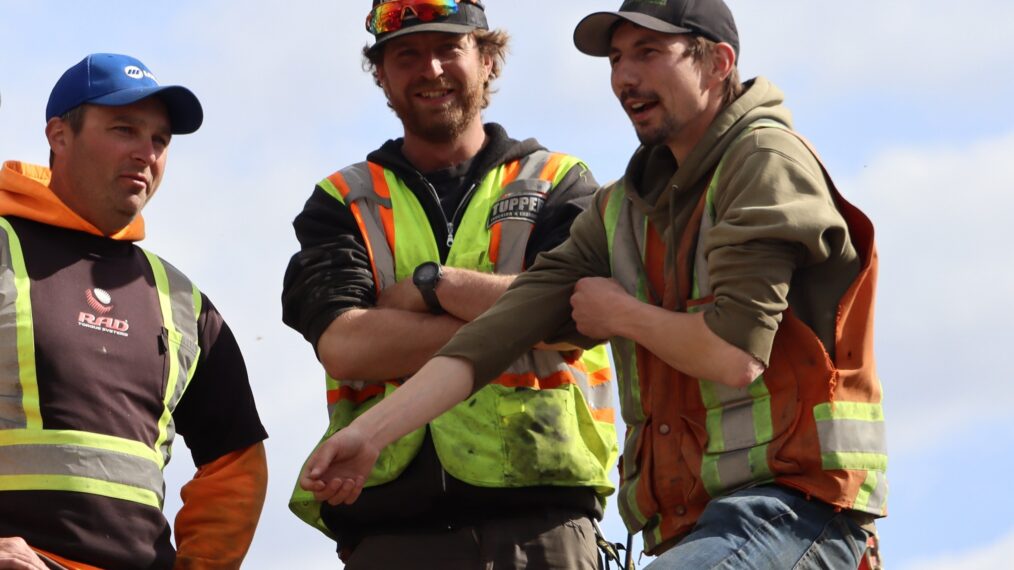
What I Deserve had the good fortune of arriving just as Americana was establishing itself as a marketable way to characterize Kelly Willis’ fourth album and its near-flawless fusion of country, Texas twang, folk and pop. It also had the slight misfortune of being released on Rykodisc—the first indie label devoted solely to the CD format—in 1999. That same year, following a takeover by Island Records founder Mark Blackwell, Ryko’s Massachusetts office was shuttered and many of its key players were laid off. But that didn’t prevent What I Deserve from becoming one of the label’s best-selling releases of 1999.
A quarter century later, Omnivore Recordings has reissued What I Deserve for the first time on vinyl. The new version includes five bonus tracks recorded live on Mountain Stage in 1999, plus liner notes from No Depression’s Peter Blackstock. Aside from a pair of Willis originals, the LP features three outstanding co-writes with the Jayhawks’ Gary Louris and another with Grammy-winning producer John Leventhal. There’s also several well-curated covers, including two gems by Bruce Robison (Willis’ former husband and longtime musical collaborator) and a sadly beautiful take on Paul Westerberg’s “They’re Blind.”
Touching base from her home in Austin, Willis took an honest look back at her early years with MCA Records, discussed the pivotal events that led to What I Deserve and explained her current status as one of three Wonder Women Of Country.
What I Deserve had a pretty inauspicious beginning. Tell us about that.
I started the record in San Francisco with a couple of producers (Norman Kerner and Daniel Presley) I didn’t know, and I was trying to figure out why I even went out there. I’d just started working with a new manager, and he had this connection to these guys, and he was trying to get the ball rolling for me. After the first few days, things just weren’t clicking. And I was like, “This might be my last chance to make a record, and I’m making the record I want to make.” So I just decided to take my tapes and go home.
What happened when you got back to Austin?
The first person I thought of was (producer) David McNair. I called him up, and he just grabbed it and ran with it. He got the band together and made it happen. He really delivered for me—he saved me. I kept some of the basic tracks we did in San Francisco, and I recut some other songs from scratch. I also brought Chuck Prophet back with me from California. He was a gun for hire on that session, but he was so fabulous that I flew him to Austin. I’d been a fan of his since he was in Green On Red. I’d met him once before briefly on a train in Norway when my bass player, Byron House, was soothing a crying baby with his acoustic bass, and Chuck and (Green On Red co-founder) Dan Stuart came over.

In hindsight, why do you think it went so badly in San Francisco?
I don’t think they really knew much about country music, and I didn’t realize that until I got there. We weren’t really speaking the same language, and I just wasn’t going to waste an opportunity by making something I didn’t intend to make.
Was it about not reliving past mistakes?
I was so green when I got my (MCA) deal. I was learning as I was going, and I didn’t have a strong voice yet—not singing wise, but creatively. I learned so much in Nashville, and then that opportunity went away. I didn’t even know if anybody was ever going to allow me to make a record. I briefly went to A&M, but then they had a reorganization and let my A&R person, Teresa Ensenat, go. I didn’t think I could be whatever it was they wanted me to be without somebody who really believed in me. So I left. I was thinking that, if nothing else, I’d make the record I needed to make, and then I could move on with my life and see what else there was for me.
And then a new radio format came along …
When I was with A&M, Americana didn’t exist yet. There were all these different radio people who’d been trying to find a place for people like me and Lucinda Williams. Radio might’ve played one of Lucinda’s songs covered by a country artist, but they weren’t going to play Lucinda. So the timing was kind of miraculous for me. Austin’s KGSR was a leader, and they influenced what other stations did. They played so much of me that my record was number one for seven weeks on that chart. That was a game-changer—to have a place where people wanted to play you and wanted to hear you.
Was it difficult to get the music back from Rykodisc for the reissue?
No, it was so wonderful. I just called up Jeff Rougvie, who’d signed me, and asked if there was some way I could get some physical copies to sell at my shows. Jeff was like, “I can do that, but what you really need to do is reissue it—and here’s who I think you should talk to.” He continued to do A&R for me and make the reissue happen.
Moving on to more current projects, how did the Wonder Women Of Country come about?
We just happened to be on the same bill together, right around the time COVID was ending and some little things were starting to happen again. Bruce and I were on the same bill with Brennan (Leigh), and Brennan had Melissa (Carper) playing bass for her. We had our big, loud rock band, which I love. But I’m watching them play and be so intimate, acoustic and just brilliant. I was jealous—I really wanted to do that. I had some songs I never play with Bruce that I thought would sound good in that setting. Bruce and I had split, and we hadn’t told anyone yet. I was really trying to expand on the things I normally do and get back out into the world. I thought it would be good for me to spend time with these two brilliant people. We trade songs, but we perform them like a band, not like a song swap. It’s been amazing.
—Hobart Rowland

